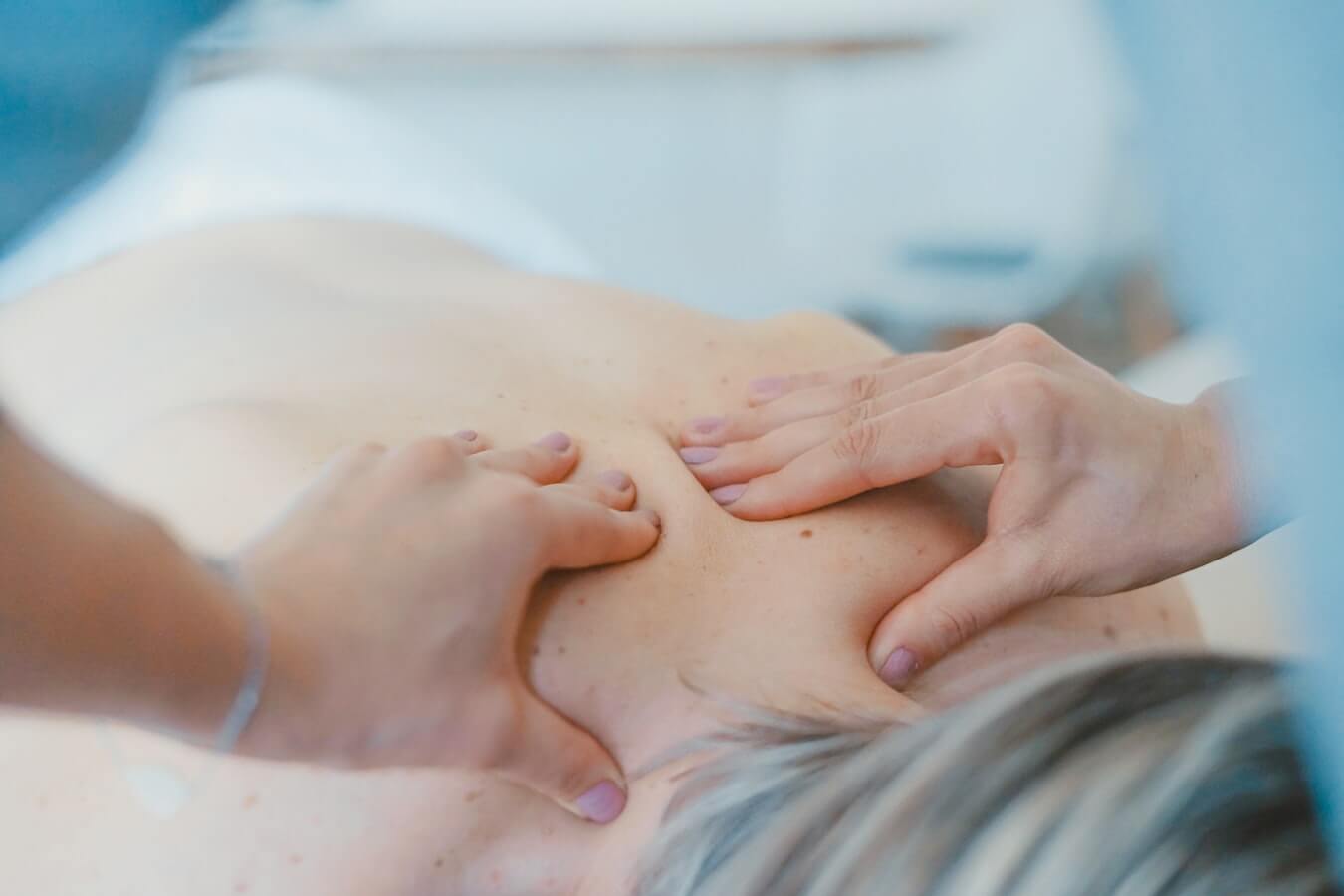6 Effective Ways To Relieve Sore Muscles

No matter if you're a serious athlete or casual gym goer, at some point in your active life, you're going to experience some sort of muscle soreness due to your workouts. To a certain degree, sore muscles are a good sign. They are showing you that your muscles are being pushed to their limits, and being damaged. Not to be alarming though, because damaged muscles are good, just not to extreme conditions. Workouts that push to your limits and a little passed they will slightly damage your muscles, but over time, will heal stronger. However, sometimes the healing process can be a painful or sore one, depending on how hard you pushed. Or sometimes, your muscles just get sore due to strain from unusual positioning. No matter the case, you'll want to keep some things in mind to decrease the time and intensity of these muscle aches and pains.
Water
During your workouts, it's important to stay hydrated. Water provides your body the much needed oxygen to keep your muscles working. No water means the muscles have to work even harder during your workouts, and can have negative results. A lack of water can quickly result in overworked and damaged muscles, muscle cramping or even severe dehydration. Staying properly hydrated is a good way to minimize and relieve sore muscles during and after your workouts.
Stretching and Massages

Before every workout, it is important to stretch your body, and with the intense activities like sports, even have a lengthy warmup, to focus on the parts that you know will be involved in your exercise. This will help prevent injuries but also prepare your muscles. After your workouts, it is important to have a cool down period so your body can ease back into a normal state. Your body has just been put through some intense activity and it is a good idea to use a foam roller to ensure your muscles release any tension and tightness to help prevent soreness later. If the soreness is still there, getting a massage to loosen up those muscles should be helpful with the pain.
Cold
Lots of athletes take different measures of preparation and recovery for their muscles and bodies. One way to help in that recovery process is cold baths. Exposing your body to extreme levels of cold can be beneficial in promoting blood flow by reducing inflammation in the body. If you are going to be hopping in a tub of ice, however, ensure that you don't stay in longer than 20 minutes. Yes, the inflammation goes down, but if you stay under for too long, you might see restrictions in your blood flow and might even adversely affect one's heart.
Hot
Contrasting extreme cold is the heat treatment. If you find that you are suffering from sore or stiff muscles, going into a steam room or sauna can help relieve that pain. Applying heat to the affected parts of the body can help relax the muscles and allow for tightness and tension to release. Doing so will allow more blood flow to these areas, and help with recovery, remove toxins and speed up the healing process. Paired with the cold treatment, this can work wonders. For example, applying ice or jumping into an ice bath will prevent inflammation to muscles, then transitioning into a sauna or applying heat to the muscles will encourage the blood flow even more. As with cold treatments, ensure that you limit the amount of time you spend in hot tubs or saunas as prolonged exposure to heat can lead to dehydration or other problems. Speaking of cold treatments, the “cold plunge vs sauna debate” is common among athletes. Cold plunges are optimal for immediate muscle inflammation reduction, while saunas are preferred for muscle relaxation and detoxification. Though both have unique benefits, the decision hinges on individual recovery goals and personal preferences. Always exercise caution with either to avoid potential risks.
Protein
After a workout, it is important to recover with the nutrients you expended during that time. Your body will be severely lacking in protein as it had used that to provide your muscles the energy it needed. Eating a quick protein snack or having a drink will help immediately after your workout but it is best to have a high protein meal soon after. This will help return nutrients to your muscles, prevent soreness and prepare for your next workout.
Sleep
After you've worked out and replenished your body with the nutrients it needs, it is important to give your body enough time to rest. Naps and lounging can be beneficial after a workout to reduce muscle stress, but a good night's sleep is important as your body can fully recover and replenish in that dormant state. At least 7 hours of sleep will allow your body enough time to recover for most workouts.
Muscle pain is inevitable for those that workout, run, play sports, or keep active. But soreness can affect anyone that is putting strain on their muscles. But it is nothing to worry about as most pains and soreness will heal over time. Still, there are steps you can take to minimize that pain and speed up that recovery process and these guidelines should be a good start.
839GYLCCC1992



Leave a Reply